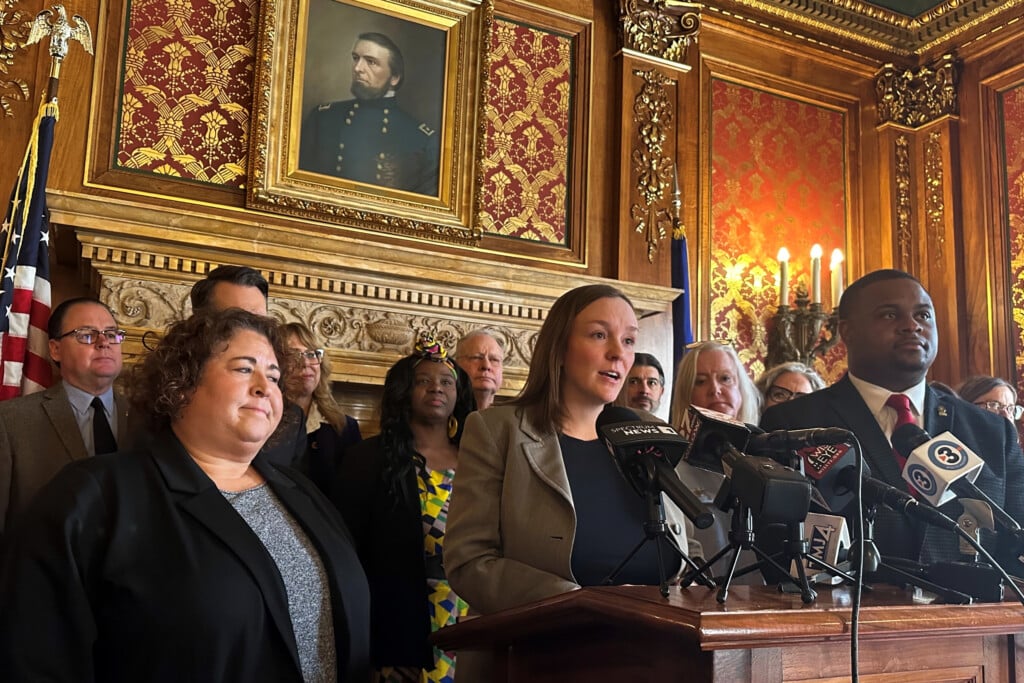Daylight Saving Time Affects On Health And Tips
MINNESOTA — Daylight Saving Time is this Sunday, November 5th which means clocks will be turned back an hour and we will get an hour extra of rest.
But those aren’t the only changes the time difference will have on us. A licensed psychologist from St. Luke’s says it has an affect on mental health with decreased moods and energy levels. Along with changes in appetite and sleep.
She says there are ways to help with those issues.
“Things that can help during this time of year would be just trying to stay more active, getting exercise, increasing structure in your days, is especially helpful too, you know spending as much time outside as possible if you’re able to during those early morning hours when we can get more of the light that’s there,” said Kelly Chaudoin-Patzoldt, Lead Psychologist at St. Luke’s.
If those tips aren’t working St. Luke’s recommends seeing your primary care doctor. A U of M expert says coming off of Daylight Saving Time gives us a chance to understand how important our body’s circadian rhythm is.
“Your body’s 24-hour clock helps you understand subconsciously what time it is during the day and for a tremendous number of us that time that your body thinks it is, doesn’t match up with the time it actually is. And so, for many people gaining an extra hour allows their body to catch up just a little bit and they feel significantly better,” said Dr. Michael Howell, sleep medicine physician for University of Minnesota Medical School and M Health Fairview.
Again, Daylight Saving Time ends this Sunday where people across the country will turn their clocks back at 2 a.m.







